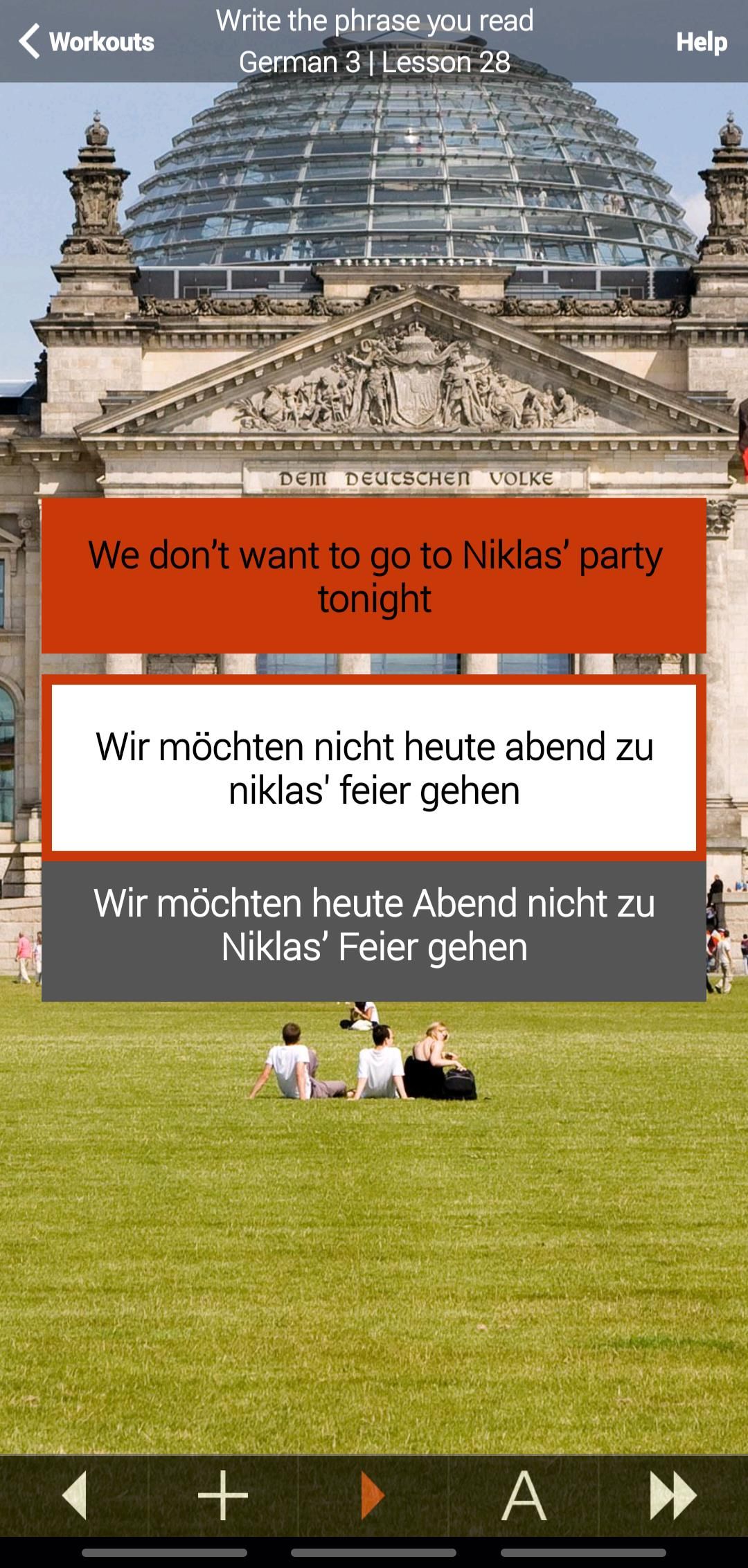The small letter "y: sounds more like a "u" in the phrase y usted. And the capital letter "Y" sounds more like an "E" in this phrase of "Y Sandra". Why do they sound different from one another?
Welcome to the New Fluenz Commons! We’re excited to have you here! This is your space to connect, share, and learn with fellow language learners. Feel free to jump into conversations, ask questions, and get inspired.
jillfrost
Posts
-
Different Y sounds -
Die versus Der following preposition "in"in means both inside something or toward something, if you say in die kneipe it means "to the bar", if it's in der kneipe it means "in the bar", if you choose in die kneipe then it should be followed by for example gehen cause it's a motion. (er ist in die kneipe gegangen). remember ist here is for the past tense and not exaclty a to be verb to describe an is situation if that makes sense. I know this is one of the most difficult things in the language especially, I am level 3 and still mix things up sometimes. if someone is better than me at this feel free to correct me too I also need a lot of help for my German learning! Good luck!
-
Level 3 - Lesson 28, nicht/kein negates the part that comes after it-the tldr at the bottom above the image- Or in the tutorials word "before the word it negates" So I don't think this is something that works in English (English also isn't my first language fwiw but I am NOT here trying to 1:1 German to English but rather trying to understand if I am missing something to make my brain think easier), so help me here understand this, the example would be: - Wir gehen nicht morgen ins Schwimmbad, sondern übermorgen. So what that means it if I place "Nicht" before "ins" instead that would mean the thing we negate in the sentence is the destination, right? So it will be: - Wir gehen nicht morgen nicht ins Schwimmbad, sondern ins Kino. And finally if I want to negate the entire sentence I would place nicht at the end: - Wir gehen morgen ins Schimmbad nicht. (I don't know if I can follow it up with "sondern im hotel bleiben").
TLDR: Okay the main question here if I got everything correctly is look at the image below and tell me if I am missing something in this exercise: So from the image above, how would I know from the English phrase alone which part it is negating? Thanks sincerely!!!
